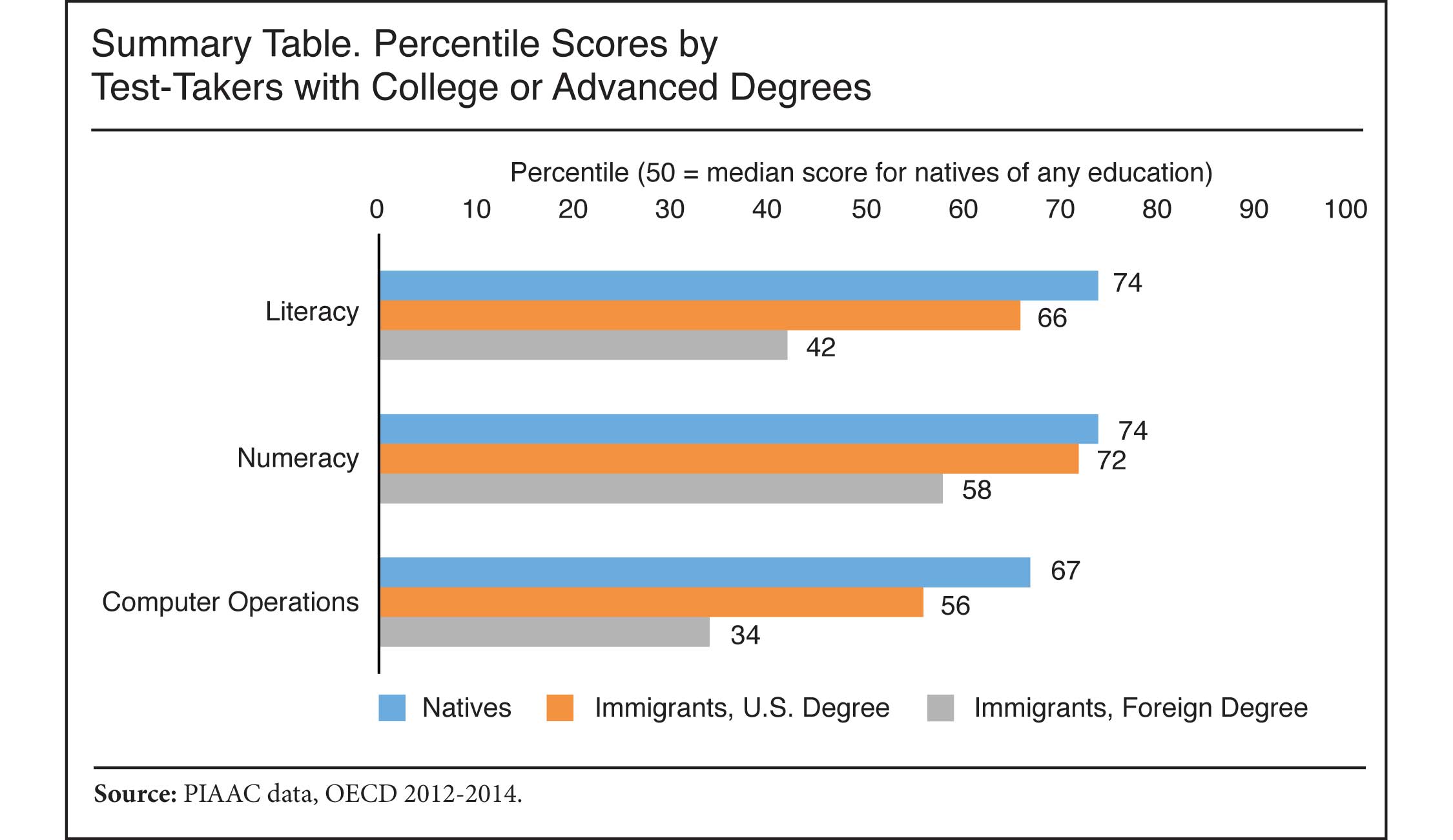I followed Brett Kavanaugh's confirmation process rather closely - closely enough that I could write
a 2,500-word treatise explaining that the assault charges against him were almost certainly false, and that his opponents' refusal to engage with the evidence was alarming. Still, I learned a lot from Mollie Hemingway and Carrie Severino's new book,
Justice on Trial: The Kavanaugh Confirmation and the Future of the Supreme Court. Hemingway is a journalist, and Severino helps lead the Judicial Crisis Network, which supports the confirmation of conservative judges. Their book supplements the familiar narrative of the confirmation fight with a lot of behind-the-scenes material from the Kavanaugh camp.
I'll just mention a couple of their revelations here. First, the yearbook from Holton-Arms (where Christine Ford went to school) was at least as embarrassing as Georgetown Prep's (where Kavanaugh went to school), with many references to sexuality and drunkenness. Classmates report that Ford was personally very much into both. Despite having this information, Kavanaugh's team declined to publicize it, fearing a backlash. That may have been a wise strategy, but the double standard is glaring. Both the media and the Democrats on the Judiciary Committee had no compunction about digging into Kavanaugh's drinking habits, his sexual habits, his friends'
drinking and sexual habits, and the overall culture at Georgetown Prep. Their position was that if Kavanaugh was a heavy drinker who objectified girls, he may have blacked out or simply not remembered what he did to Ford. And yet a similar argument could be made about Ford. If she was a heavy drinker who fooled around with lots of boys, her memory could have been impaired, and unrelated incidents could blur together in her mind. Maybe these insinuations are unfair, but there is no reason that only the accuser -- and not the accused -- should be protected from them.
A second revelation is that Leland Keyser's testimony to the FBI went further in exonerating Kavanaugh than her testimony to the Judiciary Committee did. Keyser is Ford's longtime friend and the only girl whom Ford placed at the party. When Keyser told the committee that she could not remember any such party, and that in fact she did not know Kavanaugh at all, it was devastating to Ford's case. (Or at least it should have been.) A public and private pressure campaign began among Ford allies to convince Keyser to say something supportive. In a second statement to the committee, Keyser reiterated that she had no memory of Kavanaugh, but that she nevertheless believed Ford's accusation. According to Hemingway and Severino, Keyser had the opportunity to think through her activities in the summer of 1983 in more detail during the FBI investigation. She requested a second interview with the FBI, in which she stated that she no longer believed Ford's story, as it simply wasn't plausible that she (Keyser) attended such a party at that time.
Keyser's FBI testimony was supposed to be for senators' eyes only, so it's not clear how the authors know the details of it. One of my longstanding problems with journalism is that we're asked to trust the word of reporters, who are in turn probably trusting the word of anonymous sources. I've seen
too many instances of mangled facts in order for me to take anything on faith, but this story about Keyser,
if true, is even more devastating to Ford than the public evidence. It's also even more damning of the Democratic senators who still insist that Kavanaugh is guilty.
[
Update 9/19/2019: Leland Keyser has now
spoken on the record to a pair of New York Times reporters, confirming what
Justice on Trial initially reported about her FBI testimony.]
Hemingway and Severino offer an inspiring message near the end of their book. They profile a liberal lawyer whose friends abandoned her because she vouched for Kavanaugh's character:
If she has lost friends, she views it as their loss....Imagine a world where fewer people were scared to stand up for what they believed. It could start a virtuous circle, in which every person who bucked the popular views would drive down the cost of standing up.
I
offered similar sentiments after Kavanaugh's powerful testimony refuting Ford's allegation: "Bravery is not something that the Republican establishment is known for. With the force of his arguments, Brett Kavanaugh may have changed that. We should all follow his example."
In an otherwise great book, I did find one weak section. Citing two studies, the authors write, "A small but significant portion of sexual assault allegations -- between 2 and 10 percent, according to empirical studies -- are eventually deemed false." This empirical claim is misleading without more context. One might think the quoted numbers imply at least 90 percent of rape allegations are true, but that is emphatically not the case. Nearly half of the rape allegations in the first study they cite "did not proceed," meaning no truth determination was made either way. For more details, see
this post I did for National Review.

